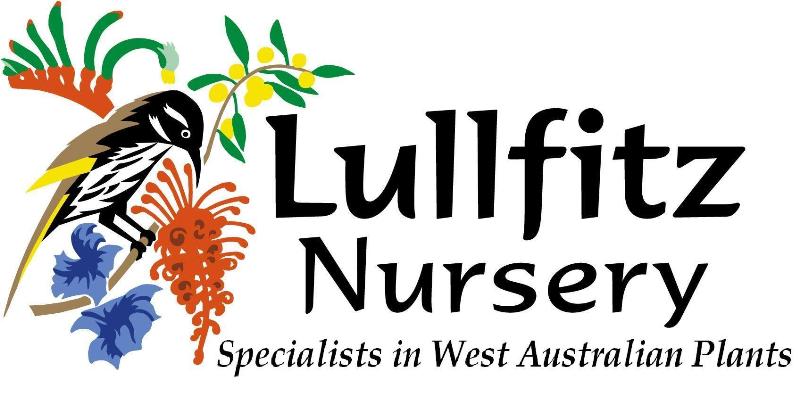Blood & Bone
If you must use blood & bone, use it sparingly and check if the formulation has additives as it is these which may be harmful to sensitive Australian varieties.
OK for phosphate tolerant varieties (see page 96 of “A New Image for West Australian Plants”).
Chicken Manure
No! - Chicken Manure is far too strong and alkaline for the majority of Australian varieties and is best avoided.
Phosphate tolerant varieties (see page 96 of “A New Image for West Australian Plants”) will withstand chicken manure but best not in large quantities.
Cow Manure
Generally OK but go lightly as it is stronger than sheep manure.
Sheep Manure
Sheep manure is a gentle soil conditioner – the worms love it! Apply as you would mulch, but remember to keep it clear of the stems to avoid rotting.
Mulch
Mulch is a quick way to make your new garden look finished by hiding your reticulation system.
However, it is best to mass plant a chosen ground cover which is suitable for your soil type.
Organic Mulch
Care needs to be taken when choosing mulch as some mixes may change the pH of the soil.
Natural mulch is best – eg. street tree clippings
In-Organic Mulch
Pebbles and gravel and even crushed brick can be used.
Fertilisers
Yes, Australian plants will benefit from fertilising!
Most commercial fertilisers have increased phosphate levels which are harmful to sensitive Australian varieties (see our list of phosphate tolerant and sensitive Australian plants).
Use a specific formulation for Australian plants or one with a low phosphate level (approx. 1.2 % or less).
Apply slow release fertilisers during periods of active growth, generally in early spring and late summer.
Always plant with a slow release fertiliser at the base of the hole, a teaspoon for small pots and a tablespoon for larger pots is enough.
